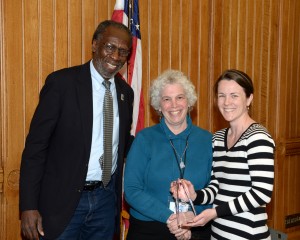As we face an uncertain fall with a mix of online, hybrid and in-person classes, the Allbritton Center for the Study of Public Life has developed an “education in the field” option that I think will be of great interest to many Wesleyan students. Called “Engaged Projects,” these are individualized and “self-designed endeavors in which a student studies a topic of their choice and completes a final project intended for a non-academic audience.” Some students will choose projects that are closely connected to their central course of study, while others will use this option to explore new areas and interests. “Final projects can take the form of blogs, videos, a website, or other media; a work of art, an event, a workshop, a presentation, or panel; a policy proposal or analysis; a white paper or op-ed series; a business plan; and/or any other piece(s) thoughtfully designed for the public.” These quotes are from the Patricelli Center for Social Entrepreneurship’s website, which has detailed information about this option.
Interested students should submit a proposal through Handshake. Proposals will be reviewed on a rolling basis until August 27. Students whose proposals are approved will be added to the course during drop/add.
Given the nature of this experience, students will not be graded on the quality of their work in the traditional sense. Instead, the emphasis is on their learning process, and whether they are engaging with complex material, challenging their assumptions, experimenting with new ideas, learning new skills, engaging with new audiences, and reflecting on their intersecting positions and roles in the world.
Here’s how the Engaged Project option works:
EP students will develop a self-directed research and project plan. They must enlist an EP Sponsor who will serve in an advisory/mentor role. Sponsors can be Wesleyan faculty, staff, alumni, or community partners; family members or friends; or other experts or professionals willing to play this role. Seeking and enlisting an appropriate Sponsor is a component of the EP learning experience.
When I first heard about this option, I thought it was an excellent way to escape computer screens and to do work for academic credit out in the world. This can take many forms, and the project should be fun for the students and convey what they’ve learned to anyone with an interest in the topic (in other words, you shouldn’t have to be an academic to understand the final presentation). I know there are many faculty members and alumni (among others) who are ready to be sponsors.




